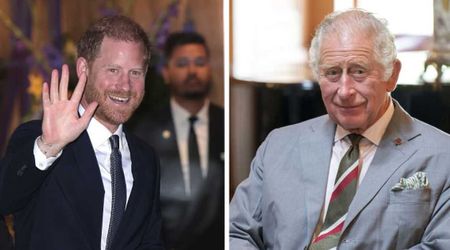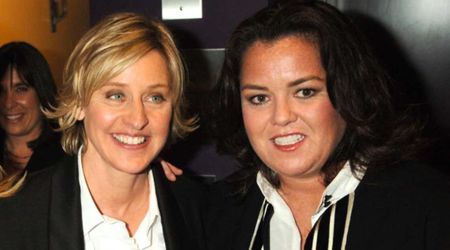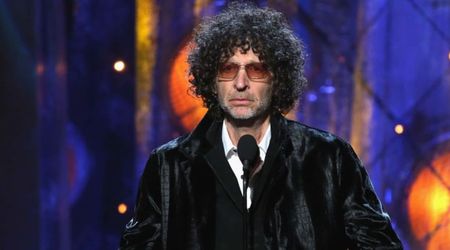Al Pacino recalls going broke twice despite starring in blockbuster movies like 'Godfather' and 'Scarface'

LOS ANGELES, CALIFORNIA: Al Pacino's recently released biography, 'Sonny Boy,' revealed several financial setbacks during his career, even though he was one of the iconic Hollywood stars.
The 84-year-old icon described in the now-available book how his early hits failed to bring in much money by Hollywood standards, setting him up to run out of money in the mid-1980s when he worked sparingly.
Then, decades later, despite his expenses having increased, he was once again struggling financially as his blockbusters grew increasingly scarce.
Al Pacino reveals he only received $35,000 for 'The Godfather'
Al Pacino found out he was broke while he was dating Diane Keaton in the middle of the 1980s. Although 'The Godfather' was a great box office and critical triumph, Pacino reportedly only received $35,000 for the movie, per Page Six.
He wrote, "When I finished making ‘The Godfather,’ I was broke, not that I had ever had any money, but now I owed money. My manager and agents got their cuts of my salary while I had to live on support from Jill Clayburgh."
He made more money with 'The Godfather II' in 1974 and a lot more with 'Scarface' in 1983, but he did not manage his finances well. Moreover, he wasn't working very hard - he made only five movies in the 1980s.
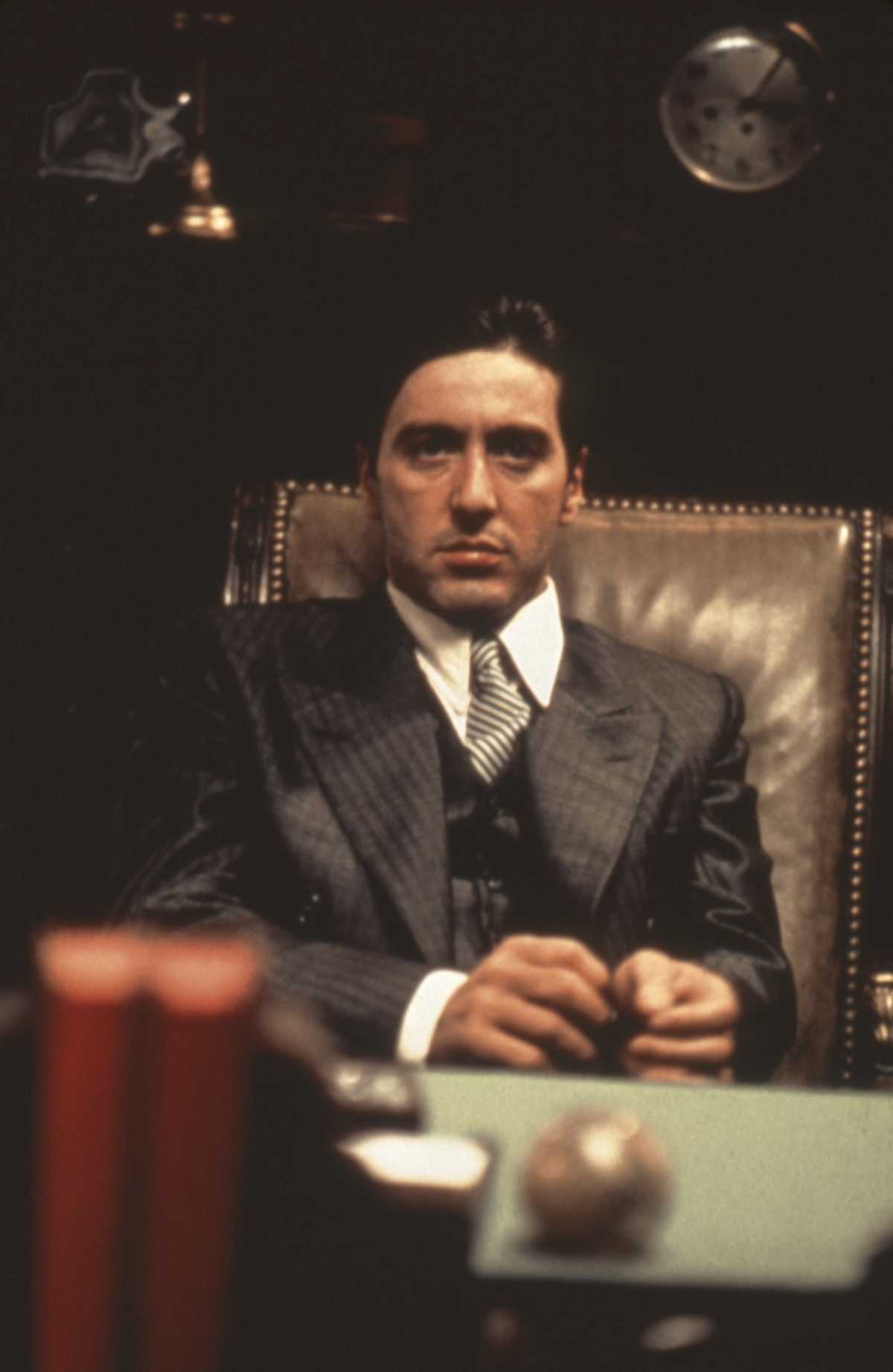
The book details how Pacino, who has never married, overcame his first experience with being broke in the mid-1980s with the support of his then-girlfriend Keaton, per Daily Mail.
Pacino revealed that 1983's 'Scarface' reimagining, directed by Brian De Palma, was Pacino's most profitable film to date. "To this day it’s still the biggest film I ever did. The residuals still support me," he wrote in his memoir.
"I can live on it. I mean, I could, if I lived like a normal person," he added. However, he only made five pictures throughout that decade, three of them were box office failures.
He wrote: "I had about ninety grand in the bank and that was it. I had a lifestyle to boot. I had my home in the country, which I didn’t want to give up. I was spending and not earning; I was putting out but I wasn’t bringing in."
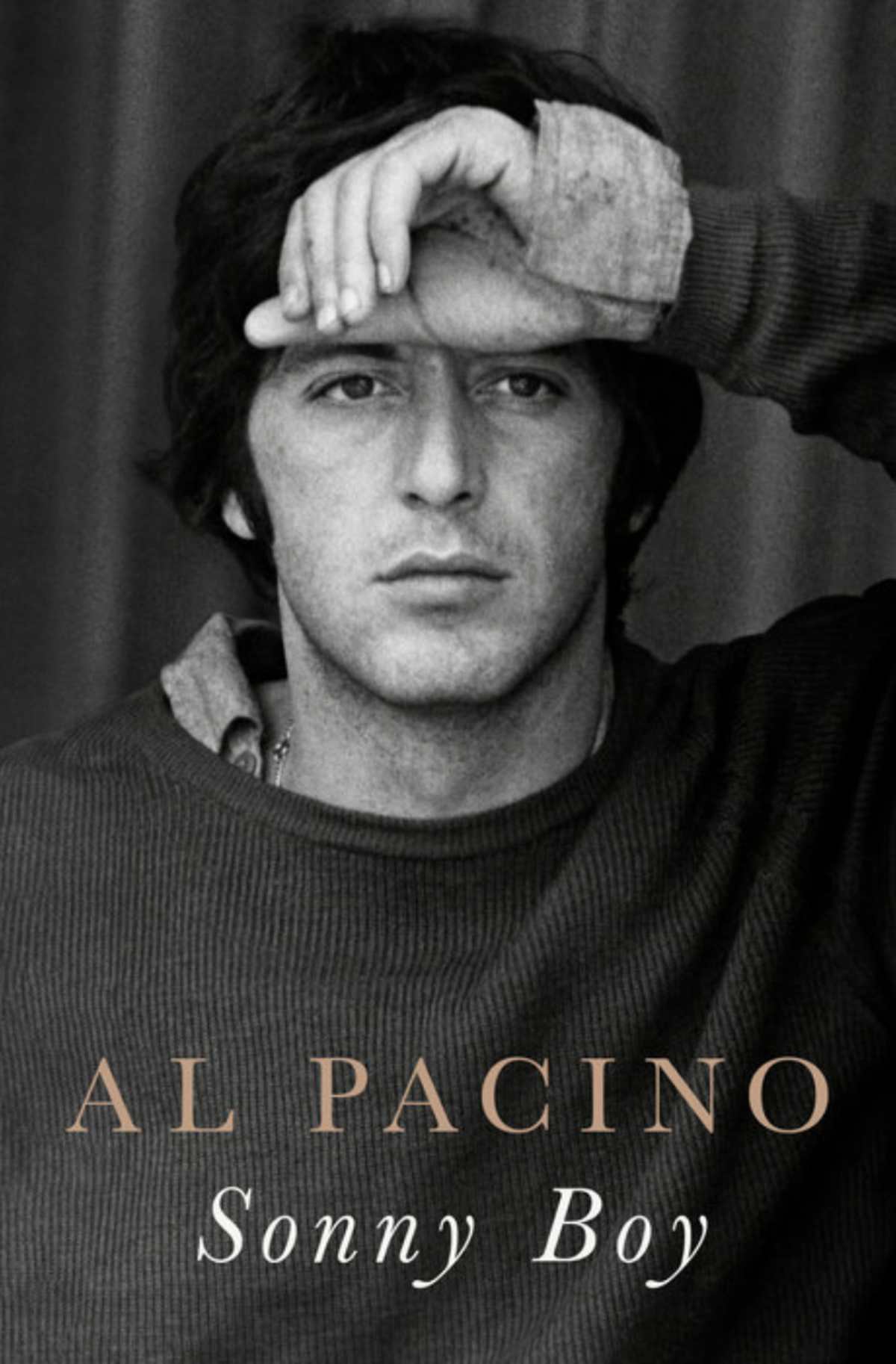
Although Pacino reserved particular blame for himself, many of the experts he relied on to manage his finances were also among those accountable for his financial situation.
"I could say I got taken advantage of. I could blame my accountants. I could blame [my manager] Mary Bregman, who had put me into some sort of tax shelter that went south. I could blame myself, but then I’d have to take responsibility for my own actions," he wrote.
Al Pacino's accountant reportedly mishandled the Oscar winner’s funds in 2011
In his recently released book, 'Sonny Boy,' Al Pacino described how he lost all of his money to a dishonest accountant who had to serve seven and a half years in prison for operating a Ponzi scam, forcing him to make drastic changes to his career.
Pacino's savings went from an incredible $50 million to zero as a result of the accountant's mismanagement of the Oscar winner's money.
According to Pacino, he began "to get warnings that my accountant at the time, a guy who had lots of celebrity clients, was not to be trusted" in 2011.
The actor had lavished money on a family vacation to Europe that included visits to Legoland in Denmark, an entire floor of the Dorchester Hotel, and flights on a Gulfstream 550.
However, Pacino found it strange that he had more money than before when he returned to Los Angeles.

He admitted, "I knew something was wrong," before learning that the accountant was dishonest. He claimed that the accountant eventually was found guilty of operating a Ponzi scam and was sentenced to prison. Pacino, however, was soon broke once more.
According to Pacino, he had no idea where all the money was going. "I wasn’t even signing my own checks — the accountant signed them and I just let them go by. I wasn’t looking and he didn’t tell me how much I had or where it was going, and I wasn’t keeping track of who got what."
Pacino wrote: "I was broke. I had fifty million dollars, and then I had nothing. I had property but I didn’t have any money …The kind of money I was spending and where it was going was just a crazy montage of loss."
The 'Serpico' star recalls that he finally looked into his financial situation. Among the expenses listed were 16 cars, 23 cell phones, and a gardener who was earning "$400,000 a year, and mind you, that was for landscaping at a house I didn’t even live in."

In his 70s by that point, Pacino realized that "the big paydays that I was used to just weren’t coming around anymore." He thus started to work harder and create a budget.
He started touring with a seminar, sold one of his homes, and appeared in Australian television ads. Pacino acknowledged that some of his latter work was not "very good" and was done only for financial gain.
Pacino wrote: "‘Jack and Jill’ was the first movie I made after I lost my money. To be honest, I did it because I didn’t have anything else."
"I also ended up doing some really bad films that will go unmentioned, just for the cast, when my funds got low enough. And I sort of knew they were bad, but I convinced myself I could somehow get them up to being mediocre."
The Oscar winner confessed that as he gets older, he "has to think very seriously about my estate now. That means I have to get advice from people who are way smarter than me."



